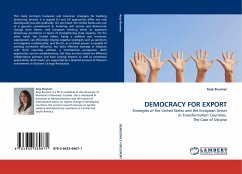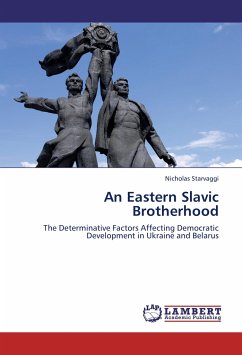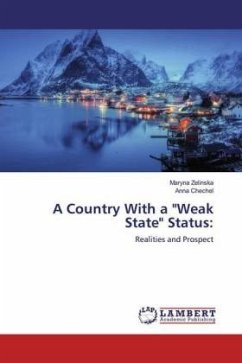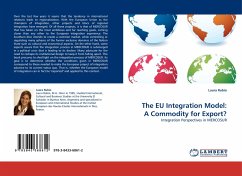This study contrasts European and American strategies for building democracy abroad; it is argued EU and US approaches differ not only ideologically but also politically. On one hand, the United States acts out of a genuine commitment to fostering civil society and democratic change from below, and European thinking tends to approach democracy promotion in terms of strengthening state capacity. On the other hand, the United States, being a political and economic superpower, can effectively employ negative strategies such as sanctions and negative conditionality, and the EU, as a civilian power, is capable of exerting normative influence, but lacks effective leverage in relations with third countries without a membership perspective. Both approaches can be complementary, but they are best suited for different collaboration partners and have varying impacts as well as contextual applicability. Both claims are supported by a detailed account of Western involvement in Ukraine's Orange Revolution.
Bitte wählen Sie Ihr Anliegen aus.
Rechnungen
Retourenschein anfordern
Bestellstatus
Storno








